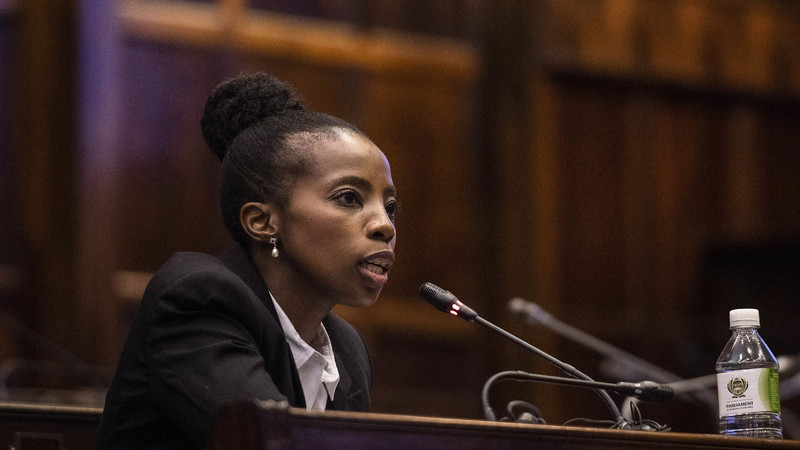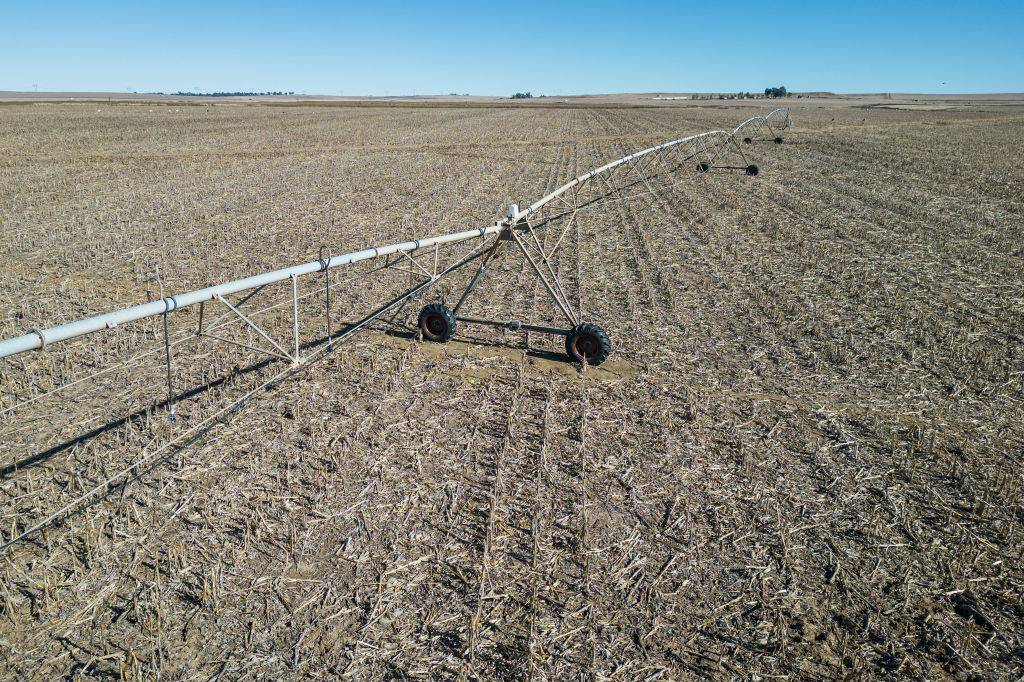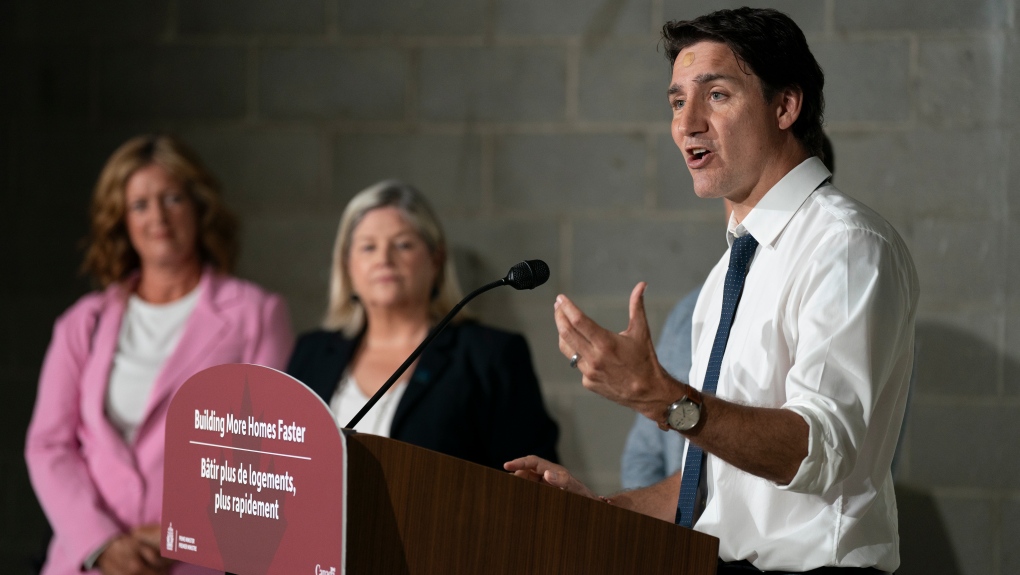Kholeka Gcaleka. File photo by David Harrison/M&G
The African Transformation Movement on Monday filed for legal review of the Public Protector’s report which absolved President Cyril Ramaphosa of wrongdoing in the Phala Phala controversy.
In an application filed to the Pretoria High Court, ATM president Vuyo Zungula asks for an order declaring acting Public Protector Kholeka Gcaleka’s findings inconsistent with the constitution and invalid, and setting these aside.
In her report released on 30 June, Gcaleka found that allegations that Ramaphosa had acted in a manner inconsistent with his office in his response to the burglary at his game farm could not be sustained.
She said the evidence before her did not support the allegation that the president undertook paid work outside his office and had thus breached the relevant provisions of the constitution and the Executive Ethics Code.
As for the allegation that he had breached section 34 of the Prevention and Combating of Corrupt Activities Act through failure to report the theft of foreign currency, she found that she lacked the competency to deal with it since that resided with the Directorate for Priority Crimes Investigation (Hawks).
“She failed to obtain relevant evidence necessary for her investigation. And she reached various conclusions in an irrational manner,” Zungula said in his founding affidavit.
“The aggregated result of the acting PP’s cumulative errors demonstrate that the outcome of her investigation was a foregone conclusion. She did not conduct the investigation with an open and inquiring mind.”
He said the report pointed to four, broad flaws in the investigation.
The first was Gcaleka’s failure to obtain oral evidence from the farm manager, Silvester Ndlovu, who discovered that money hidden in a sofa had disappeared, because he declined to be interviewed and instead submitted a written affidavit.
His reluctance to speak on the record suggested that there was a reasonable apprehension that his version would be “open to doubt”, Zungula said, and here the public protector should have insisted but failed to explain why she did not.
Nor did she explain why she did not subpoena the housekeeper on the farm, Froliana Joseph, to give evidence but simply recorded her refusal to do so, when reached by telephone, in the report.
Zungula said this was critical given former crime intelligence boss Arthur Fraser’s allegation that Joseph was bribed by the president not to speak about the burglary.
“The refusal of Ms Froliana to speak raises the suspicion that there may be merit to the allegation of Mr Fraser. The only way for the acting PP to discover the truth, was to subpoena for her evidence,” Zungula said, adding that if a bribe had been paid, the president would be in breach of both the constitution and the ethics code.
Her finding that there was no evidence that the president had breached neither, could not rationally have been reached without obtaining this testimony, he stressed.
Zungula said the third concern was Gcaleka’s failure to obtain the president’s tax records.
He noted that she accepted the South African Revenue Service’s (SARS) refusal to give her access to the records on the basis of confidentiality provisions in the Tax Administration Act, but argued that this did not hold after May this year when said provisions were declared unconstitutional in the Arena Holdings case.
“When the constitutional court set aside the confidentiality regime and imposed an interim reading – a remedy that would allow the acting PP to obtain the information, she inexplicably elected no longer to do so, despite recognising the importance of the information,” Zungula said.
“The only explanation for not seeking the information, is that she regarded it as appropriate to allow SARS to make their own determination on the allegations against the president.
“But this is a dereliction of duty. SARS does not investigate whether there is a breach of the Executive Code of Ethics. That is the duty of the acting PP.”
The fourth concern raised is Gcaleka’s failure to deal with evidence of the active role the president played in the sale of livestock – which on his version was the source of the money stolen from the farm – before reaching the conclusion that he did not perform other paid work as prohibited in the constitution.
On his own evidence, Ramaphosa sourced buyers for the buffalo in question, determined the sale price and then gave instructions regarding the banking of the proceeds. Her finding in this regard was therefore simply not sustainable, Zungula said.
The court had to weigh whether Gcaleka carried out the probe with “an open and inquiring mind”, which the constitutional court has confirmed as the basic benchmark for a proper investigation by her office.
“And in doing so it will consider whether the acting PP was unduly believing of certain evidence, her reasons for not insisting on obtaining relevant evidence, and whether she attempted to obtain “all the pieces of the puzzle necessary in order to arrive at the truth.”
Zungula argued that Gcaleka’s findings were irrational and unlawful, whether measured by the legality principle or the standard for administrative action. This extended to her decision not to investigate whether Ramaphosa committed tax or exchange control violations because this was the subject of other, ongoing investigations.
He said the Public Protector Act did not provide for a general discretion not to pursue a complaint because it is being probed by another organ of state. Where there is an overlap, the law envisions cooperating with the other entity, rather than abdicating the obligation to investigate.
“The acting PP has no general discretion to refuse to conduct an investigation where she has jurisdiction to do so, and none of the relevant exceptions to conducting an investigation applies,” he said.
“She made an error of law and her decision falls to be set aside in terms of the principle of legality and section 6(2)(c) of PAJA [the Promotion of Administrative Justice Act].”




















Discussion about this post